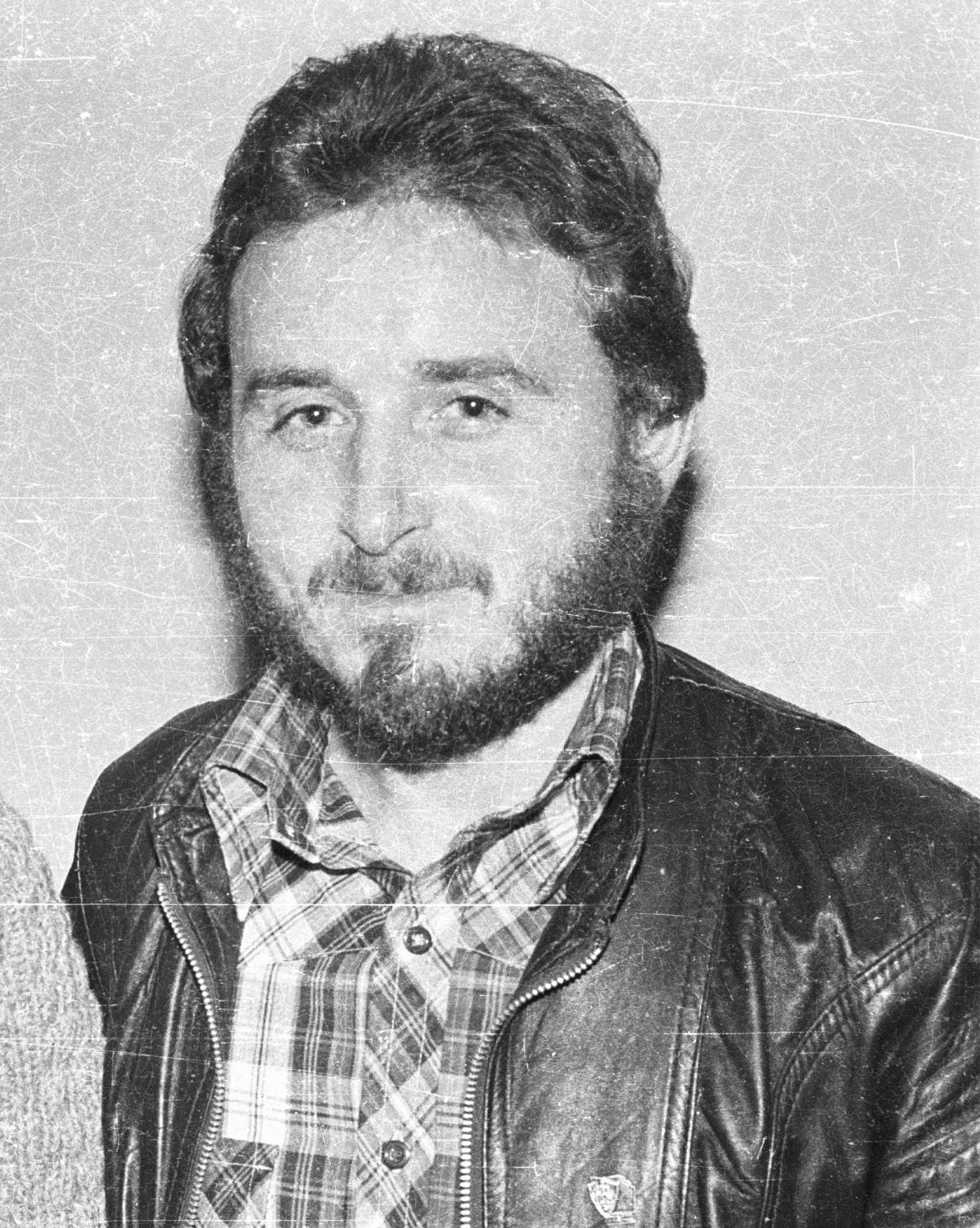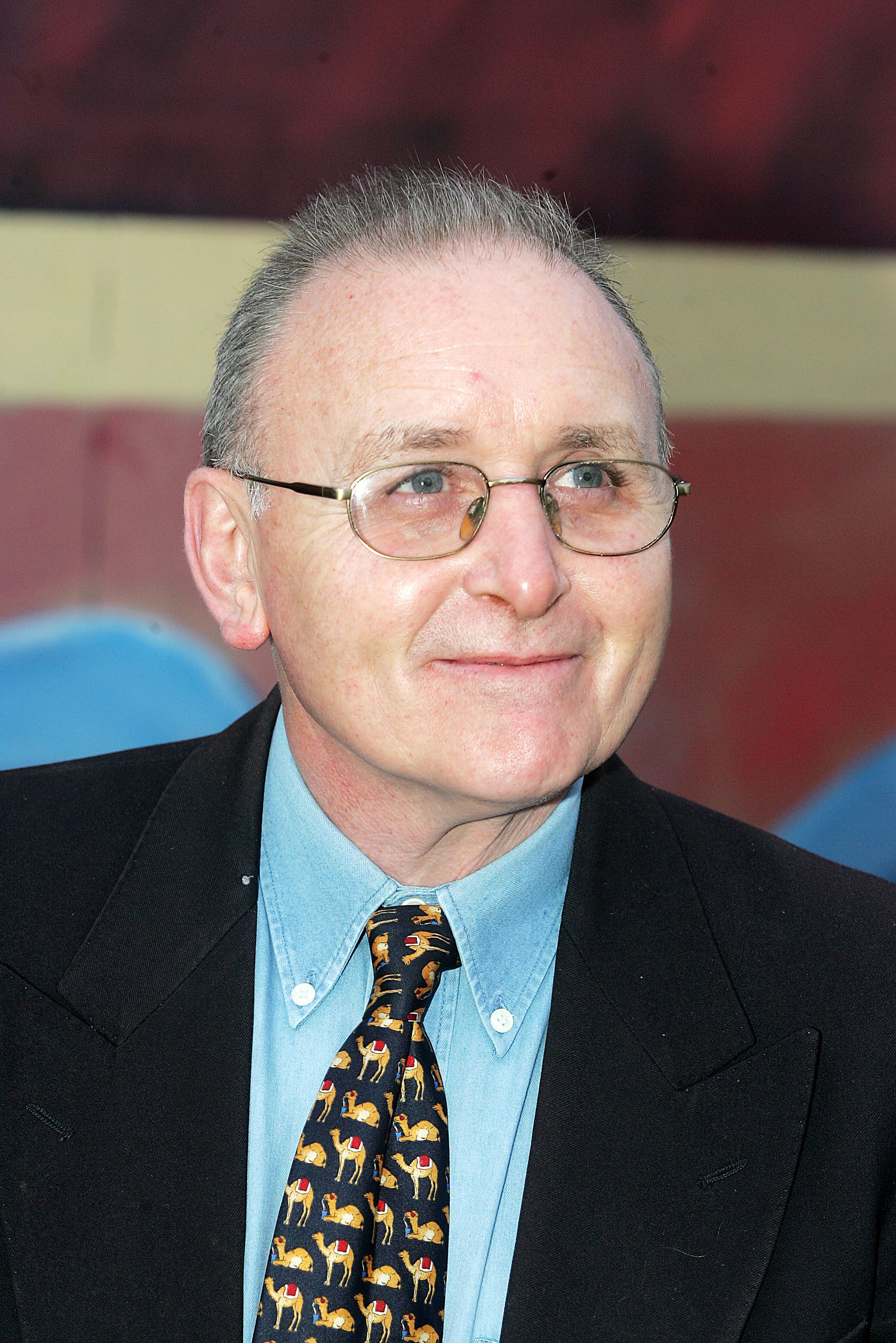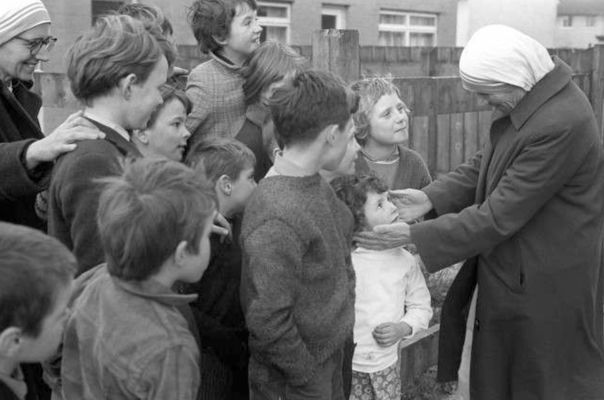THE family of Denis Donaldson have welcomed a Police Ombudsman report which concluded that there was “corporate failure” by the PSNI in the circumstances which preceded his murder.
West Belfast man Donaldson was shot dead at a remote cottage in Donegal in April 2006, in a killing claimed by the Real IRA.
The report by Police Ombudsman, Marie Anderson examined the actions of the PSNI before and after his death.
On St Patrick’s Day 2002, sensitive information was stolen from Castlereagh Police Station with police receiving information that the Provisional IRA were responsible.
As part of that investigation documentation including a large quantity of papers which had originated from the Northern Ireland Office at Castle Buildings in Stormont was later recovered from Donaldson’s home and he was charged along with three others of possessing material which could be of use to terrorists.
Charges against one of the four were withdrawn in December 2003, and the case against the others was withdrawn by the PPS in November 2005.
Gold Command
In her report, Ms Anderson said that that police then carried out a risk assessment which concluded that the PIRA would be likely to conduct an internal inquiry to establish why the case had collapsed.
On 10 December 2005, police delivered a threat message to Mr Donaldson, which stated that “members of the media believe that Denis Donaldson is an informant”.
Ms Anderson found that as Donaldson may have been at risk, the PSNI held an urgent “Gold Command” meeting on 14 December, resulting in police resources being put on stand-by so that, if necessary, they could respond quickly to developing events.
The report details how, on the following day an officer referred to as “Police Officer 3” called Mr Donaldson on the phone twice and spoke to him briefly on the second occasion, providing him with a contact number.
Phone Call
Enquiries by Police Ombudsman investigators established that after the second phone call, Mr Donaldson told a Sinn Féin member that he had been contacted by police. He was then told to attend a meeting with other Sinn Féin members, at which it was decided that Mr Donaldson would contact Police Officer 3 and arrange a meeting.
It was proposed that this meeting would be recorded for use during a press conference planned for the following day, at which it would be announced that Mr Donaldson had admitted being an informant and had been expelled from Sinn Féin.
At about 9.20pm, a call was made to the number given to Denis Donaldson earlier, but Police Officer 3 did not recognise the number as belonging to Donaldson and did not answer the call.
The following day, then Sinn Féin President, Gerry Adams held a press conference stating that Donaldson had been expelled from the party after admitting to having been an informant.
Around the same time, a statement was issued from Donaldson saying that he “had worked for British Intelligence and RUC/PSNI Special Branch” since the 1980s.
Following this, Donaldson left Belfast and moved to the cottage near Glenties in County Donegal where he was murdered.
Family Concerns
Mr Donaldson’s family expressed a number of concerns about police actions. These included an allegation that the threat message delivered to Mr Donaldson on 10 December 2005 was “bogus” and “artificially manufactured” as it was untrue that the media were intending to expose Mr Donaldson as an informant.
The family voiced concern that the message was “maliciously released”, and alleged that police had failed to conduct a risk assessment before delivering the message. As a consequence, they believed police had breached Mr Donaldson’s right to life.
However, Mrs Anderson said the threat message was based on ‘reliable information from a credible source’. She said her investigators had examined a clear audit trail, including a risk assessment and contingency plans, setting out the rationale for the decision by police to deliver the threat message.
The family also alleged that the phone call made to Mr Donaldson on 15 December 2005 was intended to ‘spook’ him and part of an exercise to ‘burn’ him as an informant.
However, Mrs Anderson said it was “part of a carefully considered threat management plan in response to information that Mr Donaldson had informed Sinn Fein colleagues that he was an informant.”
She added that the decision by police not to take the call made to Police Officer 3 on the evening of 15 December 2005 was “reasonable and prudent” given that it was not made from Mr Donaldson’s phone.
Denis Donaldson in 1979
Another concern expressed by Mr Donaldson’s family was that, after he had moved to Donegal, police had leaked information about his whereabouts to a number of people, including journalists.
On 19 March 2006, the Sunday World newspaper published a story which described the cottage he was living in as ‘run down’, without running water and electricity and adjacent to other cottages in a bend in the road. It did not reveal the location of the cottage, stating that it was in an Irish-speaking area of Donegal.
Mrs Anderson said her investigation had found no evidence that police had leaked any information about Mr Donaldson’s whereabouts.
Mrs Anderson also addressed the family’s concern that the PSNI had not conducted criminal investigations into the actions of a number of journalists. “I am of the view that there was no evidence that would have justified initiating a criminal investigation against any member of the media,” she said.
However, during the course of the Police Ombudsman’s investigation, one former police officer was interviewed under criminal caution on suspicion of having told a journalist that Mr Donaldson was an informant. The officer denied the offence. A file was subsequently sent to the PPS, which directed that the officer should not be prosecuted.
An associate of the officer was also interviewed by the PSNI on suspicion of similar conduct.
"Reasonable and proportionate"
Mrs Anderson described as “reasonable and proportionate” the police response to information that police officers may have been unlawfully disclosing information to journalists.
She added that she had found no evidence that PSNI had monitored Mr Donaldson’s movements or conversations after he moved to Donegal, as alleged by his family. Neither was there any evidence of contact between the PSNI and Mr Donaldson after the phone calls of 15 December 2005.
The Police Ombudsman’s investigation examined concerns that the PSNI had sought to implicate members of Mr Donaldson’s family in his murder.
The family also alleged that the PSNI had impeded An Garda Síochána’s murder investigation by withholding, suppressing or editing information about their contact with him during the final months of his life, and by failing to make Mr Donaldson’s handler available to An Garda Síochána.
Mrs Anderson is of the view that, in the absence of a documented risk assessment following the Sunday World article, and given PSNI previously documented risk assessments, that it is likely that this important measure to assess the threat to Mr Donaldson’s life was not undertaken.
Family response
Responding to the report, A spokesperson for the Donaldson family said: “For reasons that remain unexplained, and unaccounted for, it is reported that the PSNI abandoned its routine practice of risk assessments which had apparently followed Denis’s exposure in December 2005.
“This course of action was taken at precisely the moment when the risk to Denis’s life was at its greatest. This is a flagrant breach of Denis’s Article 2 right to life and the PSNI’s duty of care to him.
“There were repeated attempts to close down this inquiry. The key question has always been: did the PSNI do enough to protect Denis’s life. The Ombudsman’s answer today was: no, they did not.
“No-one has any comprehension of the direct harm and damage to our family caused by the actions and omissions of certain police officers, and others, over the last 16 years.”








